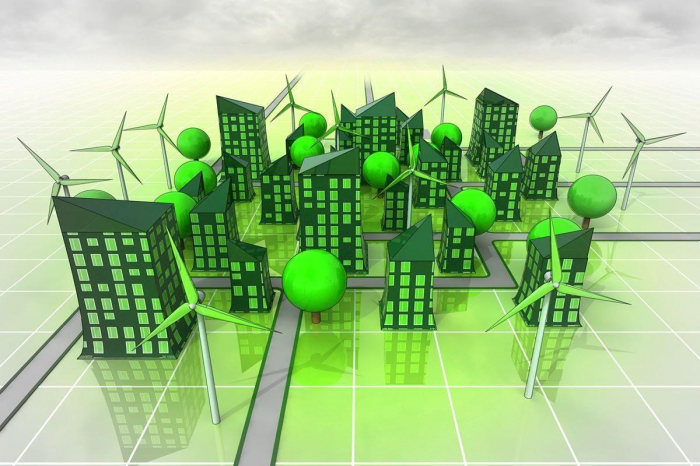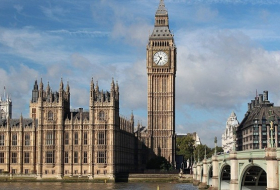‘Azerbaijan has already experienced the effects of climate change. The country is suffering from reduced water resources, and global climatic changes are only adding fuel to the controversy. Such circumstances require introducing new methods of water consumption and reducing losses at all links along the chain, from the source to the consumer. The question, however, is whether the Azerbaijani society is ready for such changes’, Fuad Bagirov, CEO of Green Building Council Azerbaijan wonders in his interview to AzVision.az.
‘Saving water resources in the country is linked to ‘green construction’. It is a term that envelopes sustainable construction based on living conditions of a rural area with the benefits of urban living, which assumes a society, educational centres, healthcare, culture, etc.’, the expert explained.
Rural areas have historically been better at saving water resources than cities. ‘People usually collected rainwater to irrigate agricultural crops. They used less water for hygiene. We cannot, naturally, invite townspeople to live as if they would in a village, because these are two different lifestyles. But they absolutely must start reducing their water consumption. Green construction offers numerous technologies for energy efficiency and reducing water consumption. For example, taking a shower is preferred to a bath. There are also special smaller swimming pools with counter waves, which makes the swimmer feel as if they are swimming a long distance, while they remain on the same spot’, the expert said.
Bagirov noted that buildings in Baku have no reservoirs to collect rainwater for further irrigation. ‘Green buildings boast three sewerage systems: one for soapy water from the washing machine, shower and washbasin, one for the greasy water from the kitchen sink and the dishwasher, and the third for ordinary sewage water. The soapy water, which is termed the ‘greywater’, can be reused for toilet cisterns in green buildings. The greasy water collected separately in tanks can be put into use to produce biodiesel. Many countries have prohibited dumping such greasy waters into the sewer.
The storm drains in Baku cannot handle the flow during rain, which leaves many streets flooded. If every building collected precipitation on their roofs, the city would not suffer from any floods’, Bagirov said.
The expert also mentioned the urgent need of introducing drip irrigation in city parks, which must be done with technical water, not through wasting drinking resources.
‘Unfortunately, there is no certification system for ‘green buildings’ in the country. Economizing water consumption requires changing established thought patterns. Car washes around the country, for example, still use drinking water, while the practice abroad is to reuse filtered water for carwash. We must absolutely adopt the experience in Azerbaijan and oblige carwash owners to save water. You do not need to be an expert to see that car washes in Baku consume a huge amount of water daily’, he explained.
He also noted that we must update the legislation to introduce mechanisms to save water. ‘We must build new habits, and the modern technologies are here to facilitate them. The sensor taps, which many public buildings in Baku are now equipped with, are the perfect example. We can start by installing similar sensor taps in residential buildings as well’, he concluded.
Samir Najafov
More about:
















































